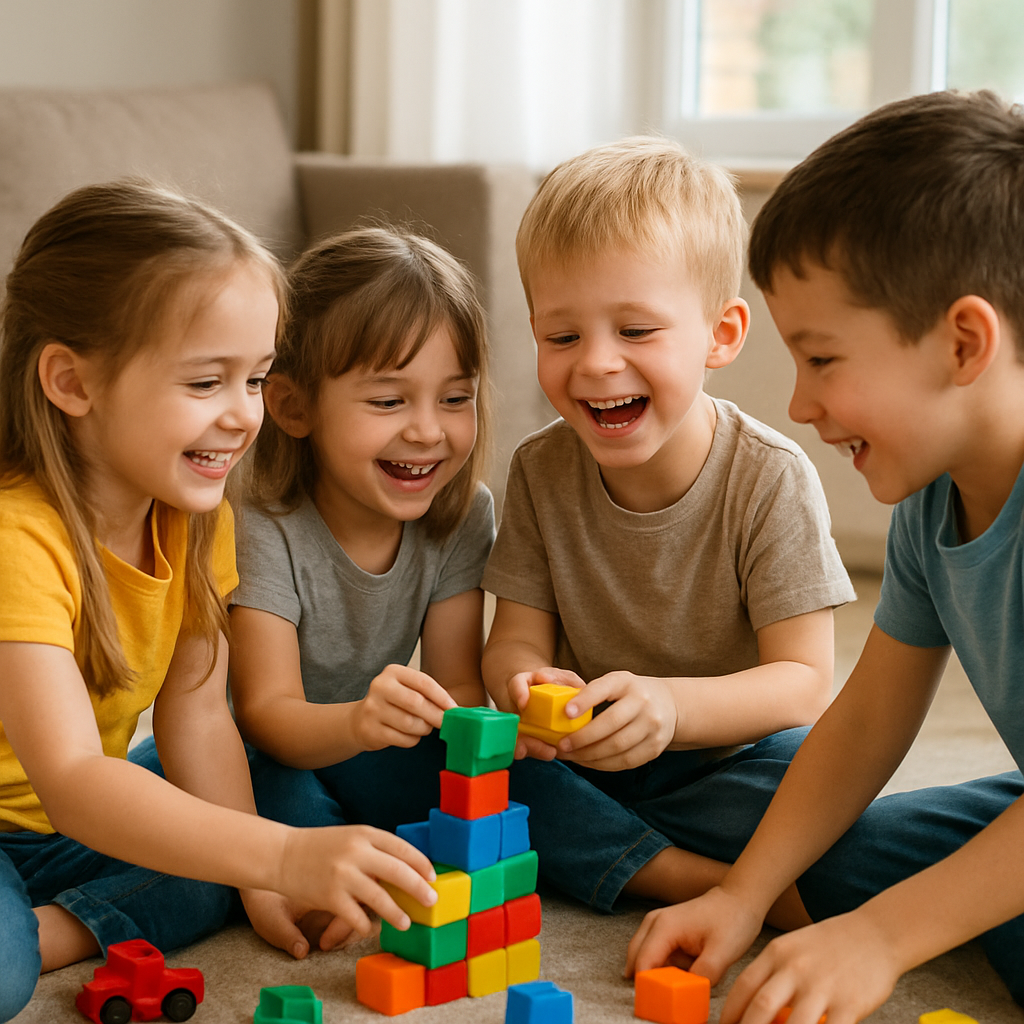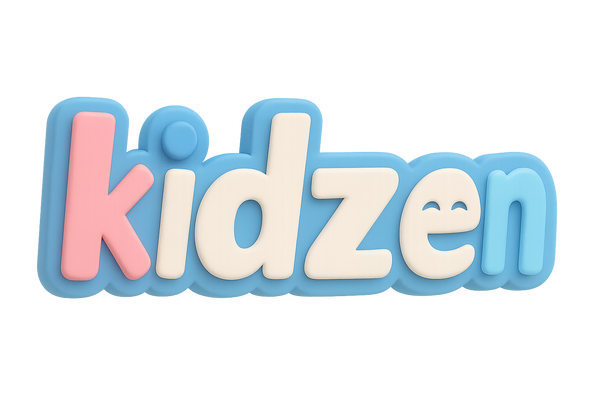
How Peer Play Shapes Social Development in Children
Share
🧠 Part 1: Why Peer Interaction in Play Matters
Peer play is more than just fun — it’s a powerful driver of social learning. According to a longitudinal study published in Developmental Psychology (2015), children who regularly engage in cooperative play with peers develop stronger empathy, better emotional control, and more prosocial behavior compared to those with limited peer interactions.
When children play with others, they naturally practice important social skills: taking turns, resolving conflicts, negotiating roles, and understanding perspectives. These moments become building blocks for social intelligence.
🤝 Part 2: Sharing, Empathy & Cooperation
A study by Fabes et al. (1999) revealed that shared play experiences enhance children’s ability to empathize and collaborate. In cooperative games or pretend scenarios, children learn to “read” emotional cues, offer support, and adapt their behavior to maintain harmony — essential traits for successful peer relationships in later childhood and even adulthood.
Role-play games like “house” or building together with blocks not only encourage teamwork but also reinforce a child’s sense of fairness and mutual respect.
🌱 Part 3: Long-Term Impact on Social Skills
The benefits of early peer interaction extend well beyond playtime. According to research in The Journal of Applied Developmental Psychology (2012), children who engage in consistent peer play during preschool are more likely to show leadership qualities, emotional resilience, and reduced aggression in primary school settings.
In essence, play is a child's first classroom for learning how to relate to others.
💡 Parent Tip
Encourage open-ended, unstructured playdates where children can explore, collaborate, and even disagree safely. It’s in those moments — the laughs, the compromises, the shared triumphs — that social growth truly blossoms.
